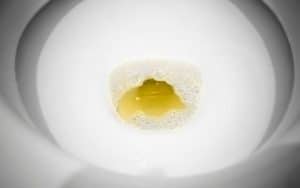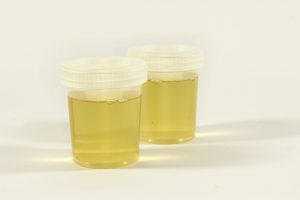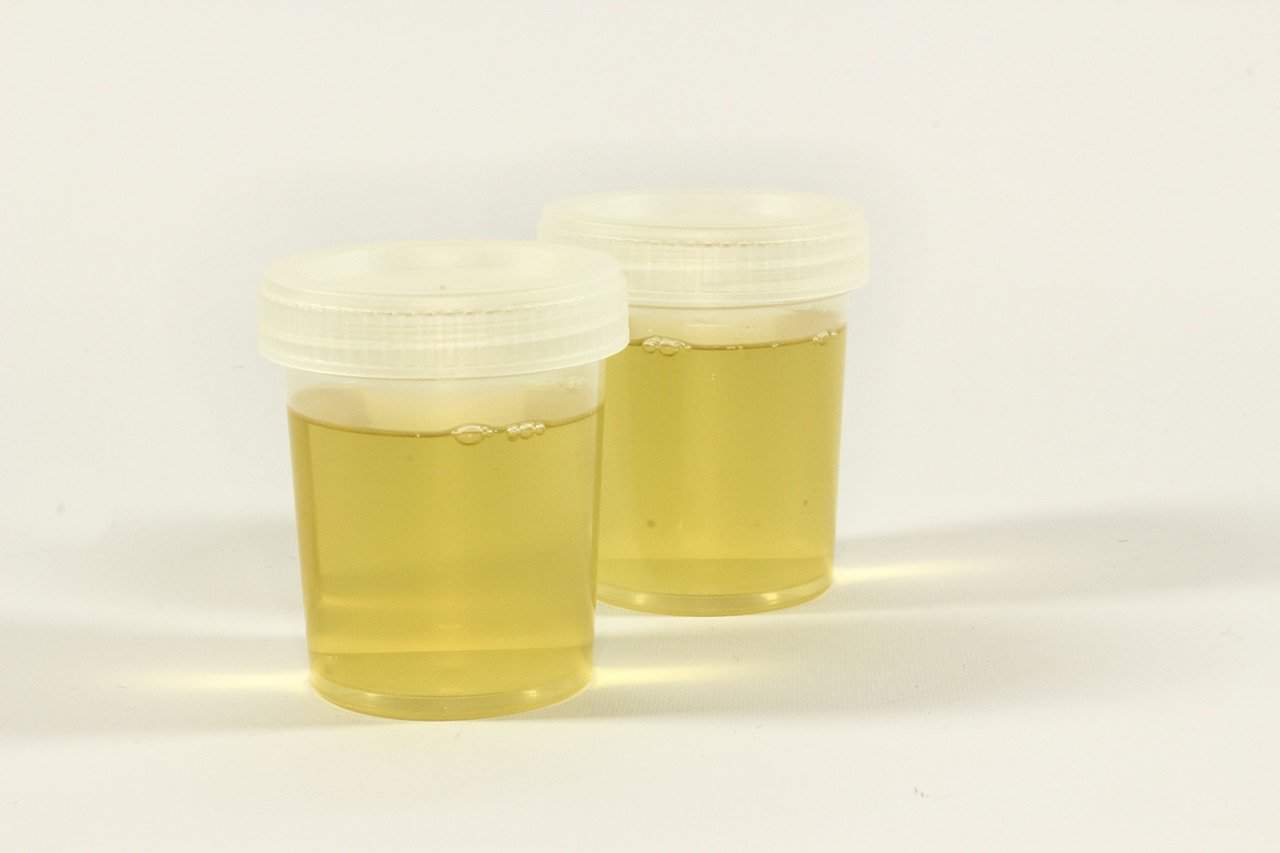Surviving in the wilderness can be a daunting task, especially when you have limited resources. The need for water is crucial, and without it, your chances of survival become slim. In dire situations, drinking your own urine may seem like a viable solution. But is it really safe and effective?
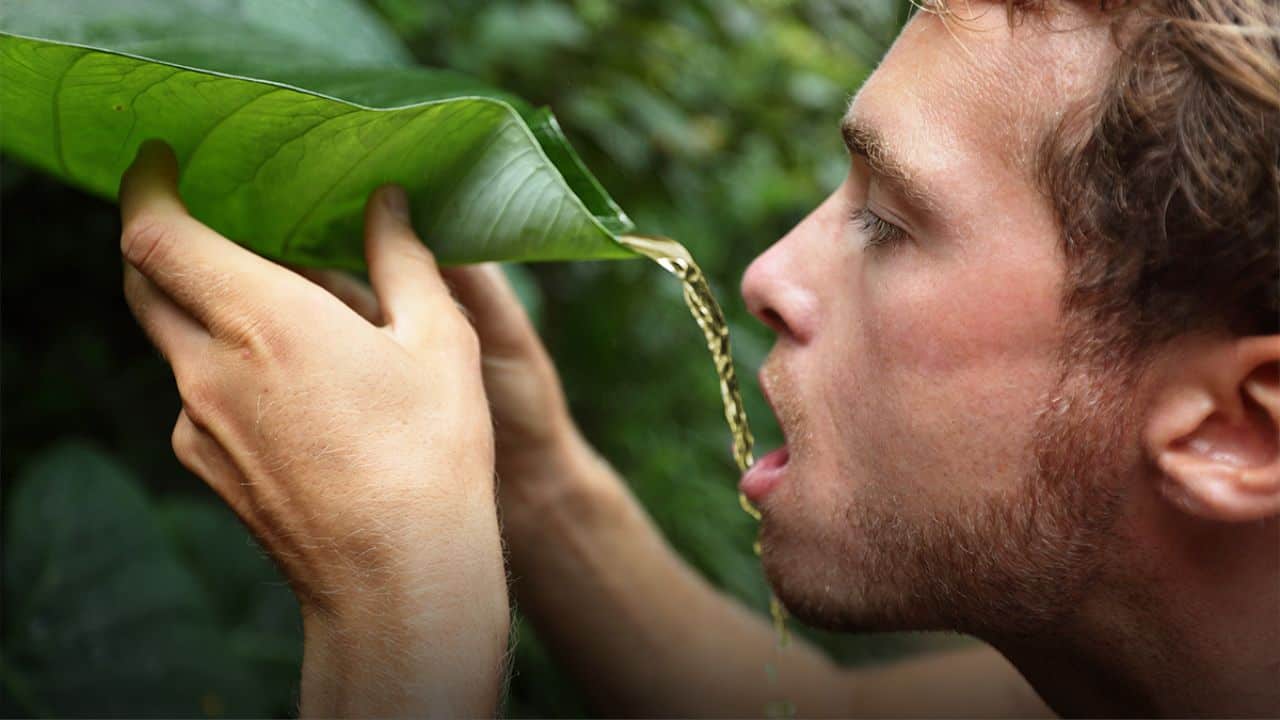
There are mixed opinions on whether or not drinking urine can actually help you survive in the wilderness. Some people swear by it, while others believe it can do more harm than good. In this article, we’ll take a closer look at the practice of drinking urine in the wilderness, exploring its potential benefits and risks, as well as alternative methods for obtaining water.
Is it Safe to Drink Your Urine?
Urine is a waste product that contains excess water, salts, and other waste substances that the body has filtered out of the bloodstream. While drinking urine is often promoted as a survival tactic, it is generally not recommended as a long-term solution to dehydration. Here are some things to consider before deciding whether or not to drink your own urine:
Risks of Drinking Urine
Dehydration
As mentioned earlier, drinking urine can actually lead to further dehydration as your body will need to use additional water to eliminate the salt and waste substances in the urine. This can cause a vicious cycle where you drink urine to quench your thirst but end up becoming more dehydrated.
Kidney Damage
Urine contains high levels of salt and waste products that can cause damage to the kidneys if consumed in large quantities over a prolonged period. This can lead to kidney stones, kidney failure, and other related health problems.
Infections
Drinking urine can introduce bacteria and other pathogens into the body, which can cause various infections. This is especially true if you have an underlying health condition that weakens your immune system.
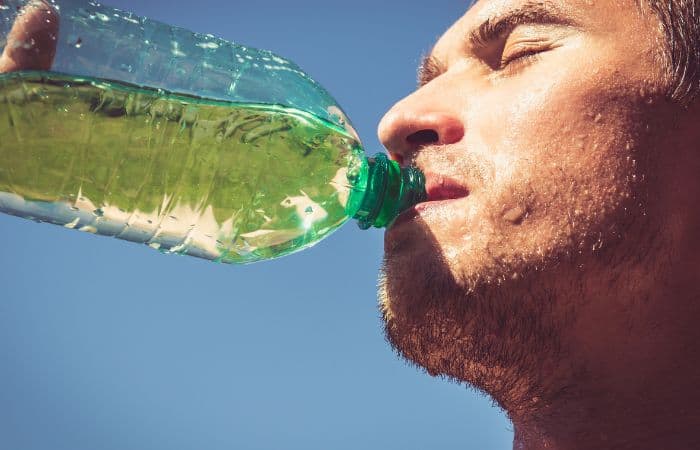
Benefits of Drinking Urine
Hydration
In some cases, drinking urine can provide temporary relief from dehydration when no other water source is available. However, it is important to note that this is not a long-term solution and should be used only as a last resort.
Nutrients
Urine contains small amounts of nutrients such as sodium, potassium, and urea, which can be beneficial in small doses. However, the amount of nutrients in urine is generally very low, and other sources of these nutrients are readily available in food and water.
Fun Outdoor Quiz
Conditions in Which It Is Safe to Drink Urine
Short-Term Survival Situations
In emergency situations where no other water source is available, drinking small amounts of urine may provide temporary relief from dehydration. However, this should be a last resort and should not be relied upon as a primary water source.
Healthy Individuals
Drinking urine is generally not recommended for people with kidney problems or other health issues, as it can exacerbate these conditions. It is important to consult a doctor before considering drinking urine.
Dilution
If you must drink urine, it is recommended that you dilute it with water to reduce the concentration of waste products and salt. This can help minimize the risk of dehydration and kidney damage.
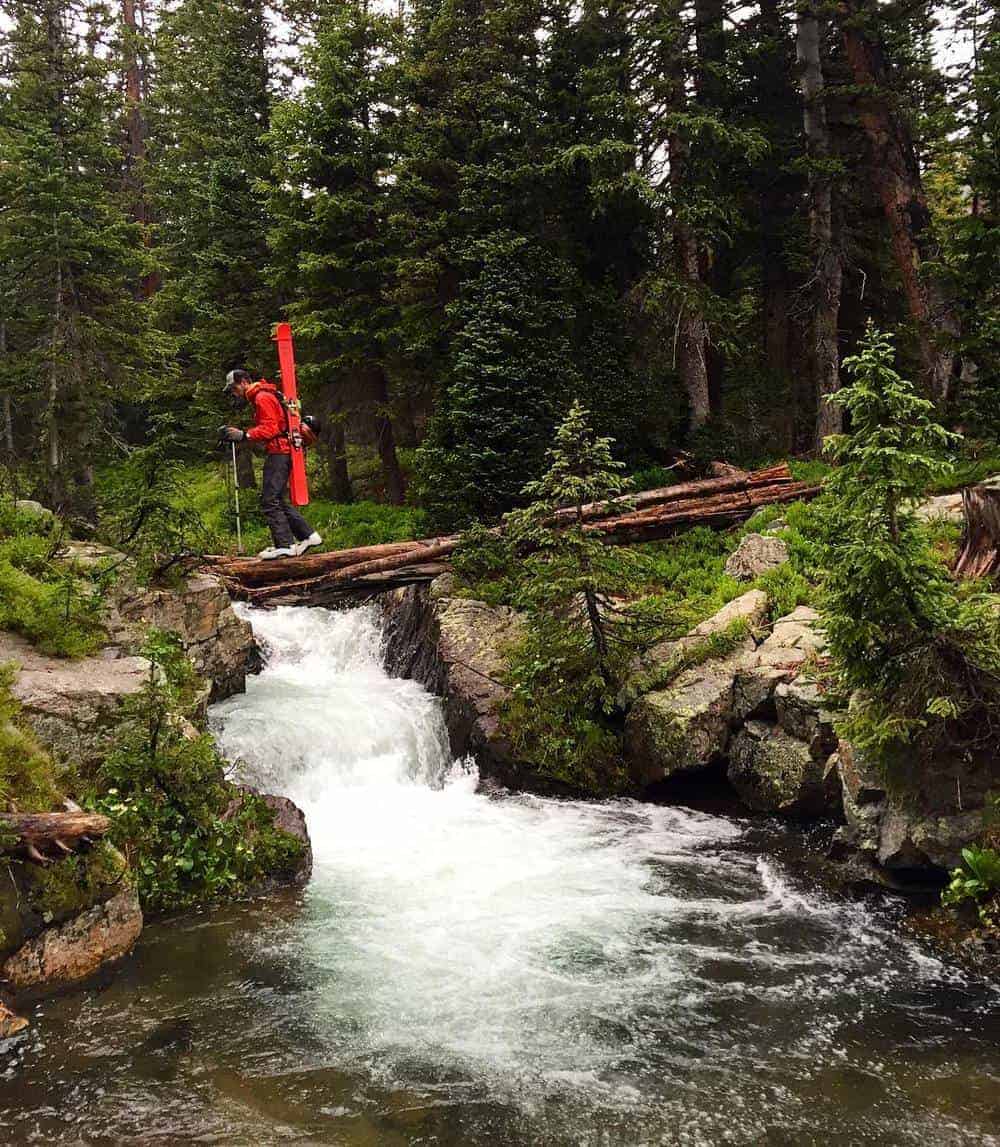
How to Drink Urine Safely
Collect Urine in A Clean Container
If you must drink urine, collect it in a clean container to minimize the risk of introducing bacteria into your body. It is important to wash the container thoroughly before collecting the urine.
Dilute Urine with Water
As mentioned earlier, diluting urine with water can help reduce the concentration of waste products and salt. The ideal ratio is to mix 1 part urine with 2 parts water. It is important to note that this will only provide temporary relief and should not be relied upon as a primary source of hydration.
Avoid Drinking the First and Last Urine
The first and last urine that comes out may contain higher concentrations of waste products and salt, and should be avoided. It is best to collect the middle portion of urine for drinking.
Alternatives to Drinking Urine
Drinking urine should be considered a last resort in the wilderness. There are alternative methods to staying hydrated that should be considered before resorting to drinking urine.
Find a Natural Water Source
Rivers, Streams, and Lakes
These are the best sources of water in the wilderness. However, it is important to purify the water before drinking. In addition, not all natural water sources are safe to drink from as they may contain harmful bacteria, viruses, or parasites. Therefore, it is important to have a basic understanding of water safety and purification methods before drinking from any natural source.
Rainwater and Dew
Collecting rainwater or dew from plants can be a source of hydration. To collect rainwater, you can use a tarp or a container to collect rainwater as it falls. To collect dew, you can use a cloth or a piece of clothing to wipe dew off plants in the early morning.
Purify Water by Boiling
Boiling water for at least 1 minute will kill most bacteria and viruses, making it safe to drink. Boiling water is one of the most effective and reliable methods of water purification.
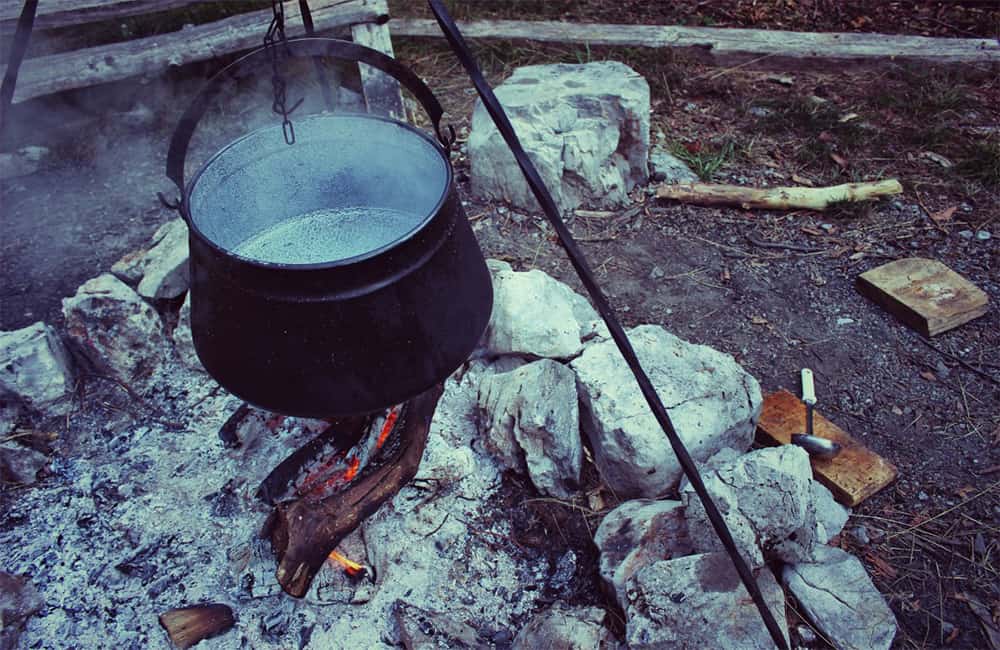
Water Filter
Using a water filter can remove impurities and bacteria from water. There are different types of water filters available, including pump filters, gravity filters, and straw filters. It is important to choose a filter that is appropriate for the situation and to follow the manufacturer’s instructions.
Water Purification Tablets
These tablets can kill bacteria and viruses in water, making it safe to drink. Water purification tablets are easy to use and can be carried in a small container. It is important to follow the instructions on the packaging and to wait the required time before drinking the water.
Collect Water in A Clean Container
Collecting water in a clean container will minimize the risk of introducing bacteria into your body. It is important to use a container that is designated for water collection and to clean it thoroughly before use.
Store Water in A Cool, Dark Place
Storing water in a cool, dark place will reduce the growth of bacteria and algae. It is important to keep the water container out of direct sunlight and to avoid storing it near sources of heat or chemicals.
How Long Can Someone Survive by Drinking Their Own Urine?
Drinking urine is not a sustainable source of hydration and it should not be relied upon as the sole source of fluid intake in a survival situation. While drinking urine may provide a short-term boost of hydration, it can actually lead to dehydration over time because urine contains high levels of salt and other waste products that the body is trying to eliminate.
In general, a person can survive for only a few days to a week without water, and drinking urine should only be considered as a last resort in an emergency situation. It is always better to seek out a clean and reliable source of water whenever possible.
Can Drinking Urine Lead to Health Problems in The Long Term?
Drinking urine can potentially lead to health problems in the long term, especially if it becomes a regular practice. Urine contains waste products that the body is trying to eliminate, including excess salts, urea, and other toxins. Drinking urine can result in an accumulation of these waste products in the body over time, which can lead to dehydration, kidney damage, and other health problems.
Additionally, drinking urine that is contaminated with bacteria or other pathogens can cause infections and other health issues. Therefore, drinking urine should be avoided as much as possible and should only be considered as a last resort in a survival situation.
Is It Possible to Purify Urine Before Drinking It to Make It Safer?
While it is technically possible to purify urine to some extent, the process is not simple and requires specialized equipment and knowledge. Some methods of urine purification that have been used in emergencies include distillation and filtration, but these methods are not foolproof and can be difficult to carry out in the wilderness. Additionally, urine contains high levels of salt and other waste products that can be difficult to remove completely, even with advanced purification techniques.
Therefore, it is generally not recommended to rely on urine as a source of drinking water, even if attempts are made to purify it. It is always better to seek out a clean and reliable source of water whenever possible, such as a river, stream, or spring. If no other source of water is available, then it is better to purify water from questionable sources using proven methods such as boiling, filtration, or chemical treatment.
Conclusion
In conclusion, drinking your own urine to survive in the wilderness is a controversial topic. While it is true that urine contains some water and minerals, it is also filled with waste products that can harm the body when consumed. Moreover, drinking urine can cause dehydration and further compromise your chances of survival in the wilderness.
It is always best to consider urine drinking as a last resort in emergency situations and only when there are no other options. It is important to note that there are alternative methods to stay hydrated in the wilderness, including finding natural water sources, purifying water, and collecting and storing water. Additionally, finding food sources such as edible plants, hunting and fishing can also help with hydration and survival.


